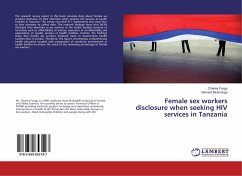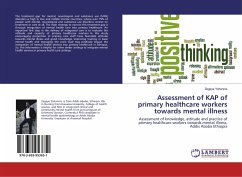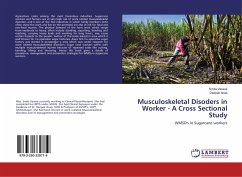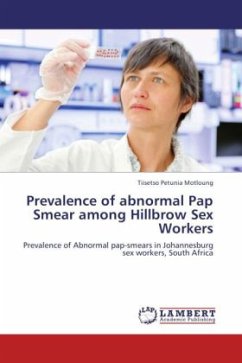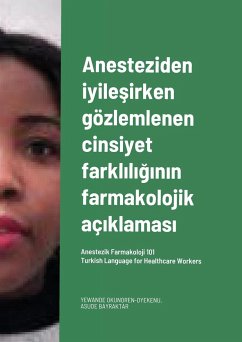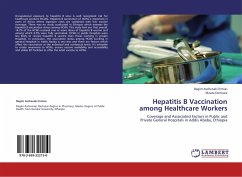
Hepatitis B Vaccination among Healthcare Workers
Coverage and Associated Factors in Public and Private General Hospitals in Addis Ababa, Ethiopia
Versandkostenfrei!
Versandfertig in 6-10 Tagen
32,99 €
inkl. MwSt.

PAYBACK Punkte
16 °P sammeln!
Occupational exposure to hepatitis B virus is well recognized risk for healthcare workers (HCWs). Hepatitis B vaccination of HCWs is important in parts of Africa where exposure rates are combined with low vaccine coverage. There was no study conducted in Ethiopia which assesses the hepatitis B vaccination status among HCWs. This study find out that overall, 14.2% of the HCWs received one or more doses of hepatitis B vaccine and among which 6.5% were fully vaccinated. HCWs in public Hospitals were less likely to receive hepatitis B vaccine than those working in private Hospitals. In conclusion,...
Occupational exposure to hepatitis B virus is well recognized risk for healthcare workers (HCWs). Hepatitis B vaccination of HCWs is important in parts of Africa where exposure rates are combined with low vaccine coverage. There was no study conducted in Ethiopia which assesses the hepatitis B vaccination status among HCWs. This study find out that overall, 14.2% of the HCWs received one or more doses of hepatitis B vaccine and among which 6.5% were fully vaccinated. HCWs in public Hospitals were less likely to receive hepatitis B vaccine than those working in private Hospitals. In conclusion, the vaccination status among HCWs working in general Hospitals in Addis Ababa is very low and there are factors which affect the vaccination at the individual and contextual levels. It's advisable to create awareness to HCWs, ensure vaccine availability and accessibility and utilize EPI facilities to offer the adult vaccine to HCWs.






